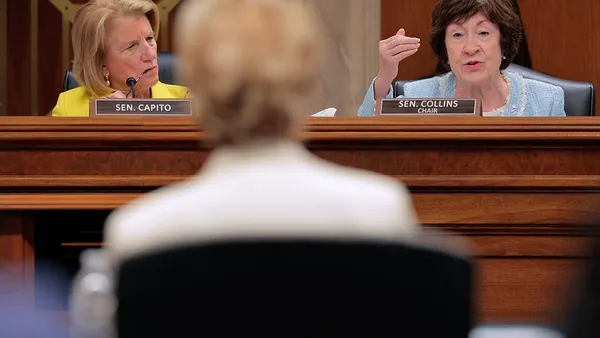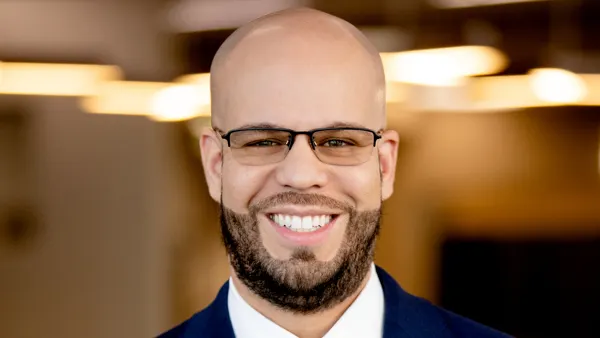Dive Brief:
- Schools, including public charters, can expect to continue being held accountable in the upcoming school year for providing early intervention and educational services to infants and toddlers with disabilities, children with disabilities and their families in line with requirements under the Individuals with Disabilities Education Act, the U.S. Department of Education's Office of Special Education and Rehabilitative Services said in a letter to state and local education agencies.
- However, in a virtual setting that limits face-to-face interactions, child find procedures that rely mainly on informal teacher observation "may require additional consideration." Districts should also "reexamine the efficacy of their existing child find practices and initiate new activities" in light of COVID-19 disruptions, like additional screenings, an accompanying Q&A document said.
- But limited instruction and little academic progress does not necessarily mean students should be evaluated for special education services, according to the Q&A document. And though students were remote for quite some time, districts also "should not rely solely on referrals by parents as the primary vehicle for meeting IDEA’s child find requirements."
Dive Insight:
The guidance comes as the U.S. Department of Education makes increasingly clear that schools across the nation will be expected to offer in-person instruction to all students regardless of local COVID-19 transmission rates. "This school year will be important for children, students, and educators," said Katherine Neas, acting assistant secretary of OSERS, adding "the pandemic didn't alter IDEA's guarantee of FAPE."
However, with a predicted rise in special education referrals, special ed organizations have warned against improperly identifying students. "Let me tell you, more is not better," Lauren Katzman, executive director of the Urban Collaborative, a network of school districts working to improve outcomes for students with disabilities, told K-12 Dive in June.
As students return to in-person instruction, districts should be wary of well-intentioned educators who may rush to qualify students for special education services in an attempt to spur academic progress, warned Kelly Vaillancourt Strobach, director of policy and advocacy for the National Association of School Psychologists. Districts should also refrain from inappropriately labeling students who simply need time to adjust back to a structured school setting as having emotional disabilities.
Strengthening a multitiered system of supports within schools may be one of the best ways to appropriately identify and evaluate students needing special education services, and to avoid misidentifying students who do not fall under IDEA.
"Serving all children and students with disabilities in our public schools isn’t just written into law – it's a moral obligation and strong equitable practice," said Secretary of Education Miguel Cardona in a statement.








 Dive Awards
Dive Awards





